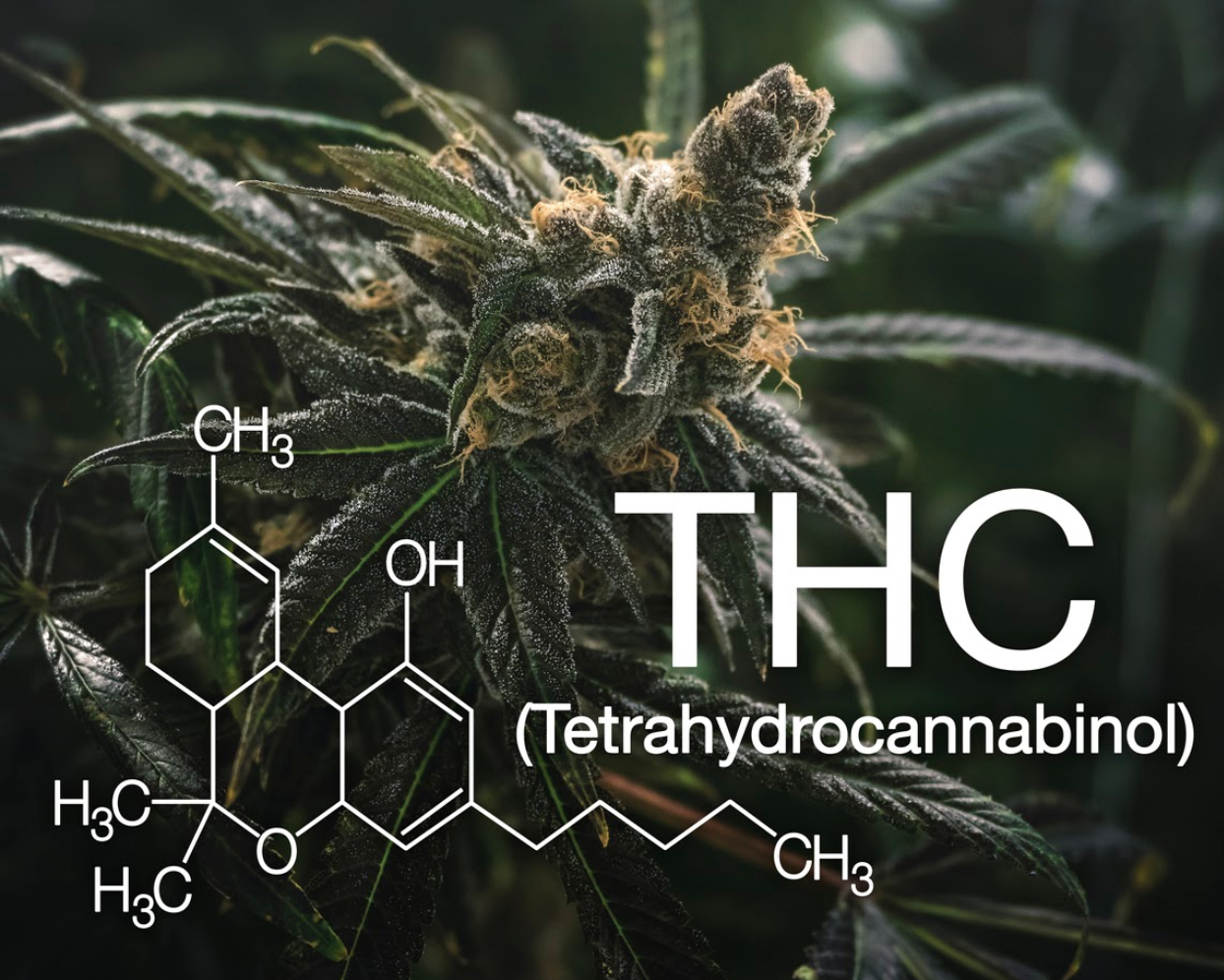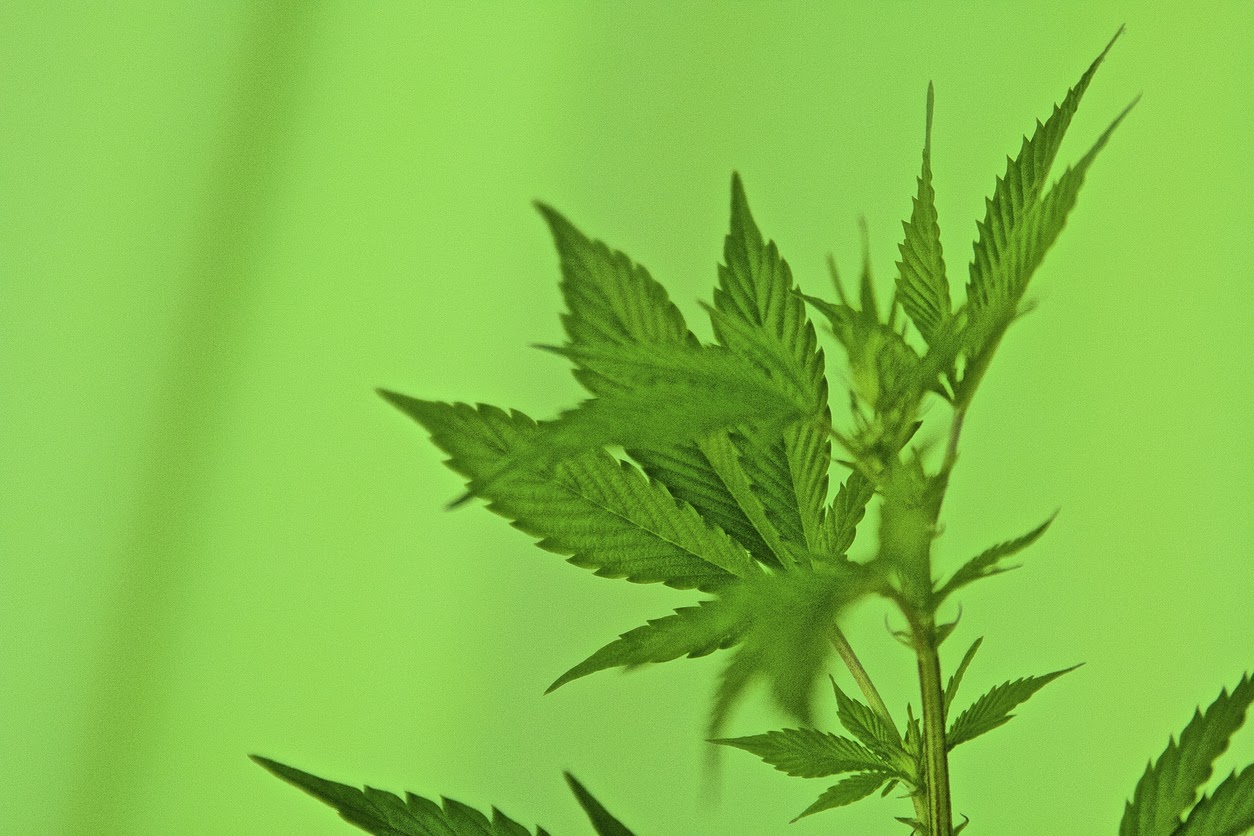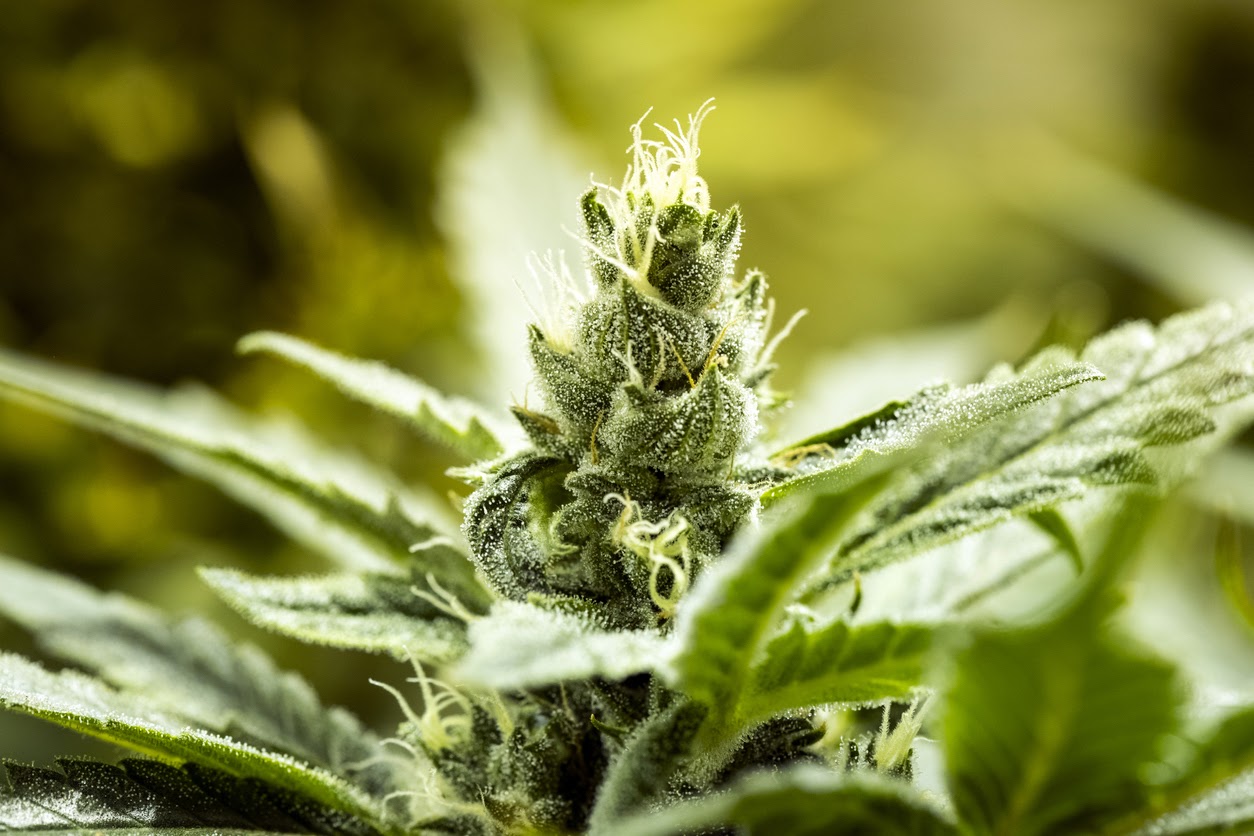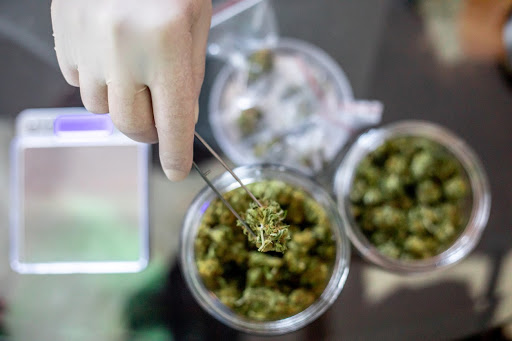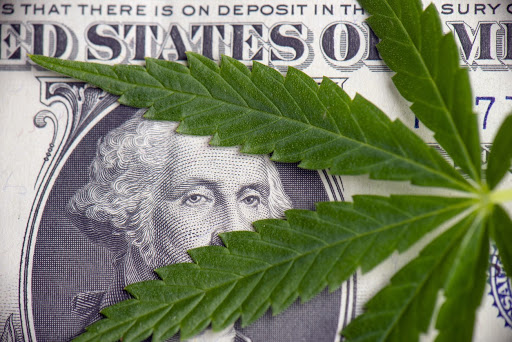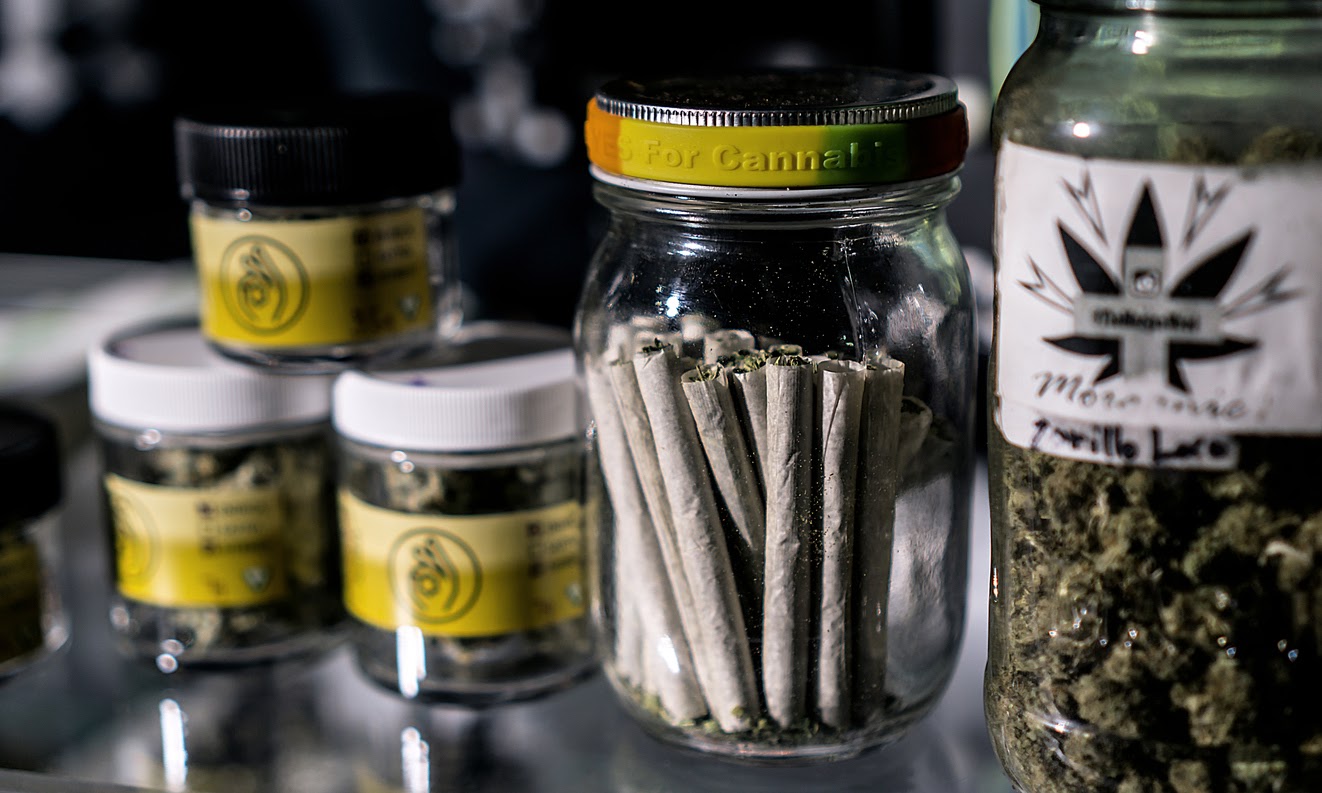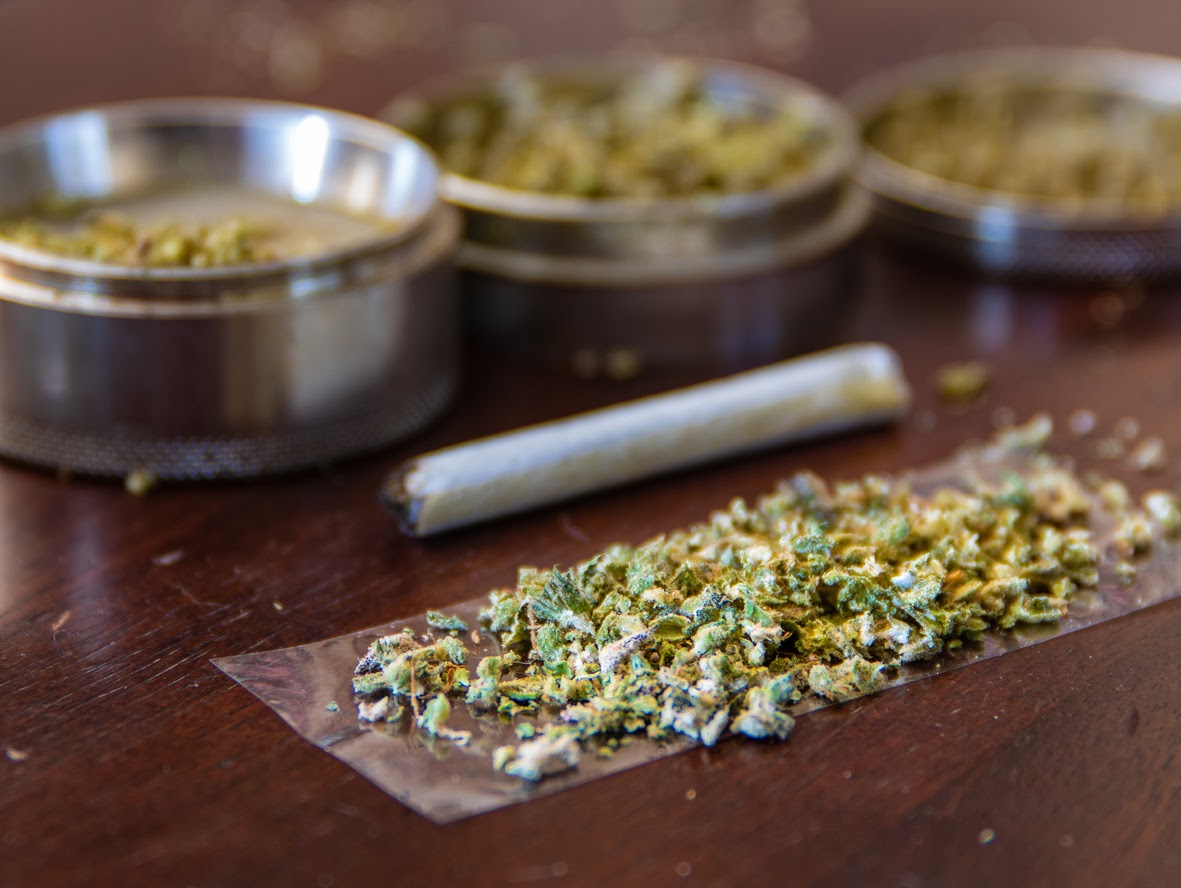Experiencing a catastrophic or traumatic event sometimes leads to a disabling syndrome known as Post Traumatic Stress Disorder (PTSD).
Often associated with war veterans, PTSD can also be attributed to many other types of life-altering experiences that permeate our thoughts and damage our ability to cope with everyday life.
Reliving trauma can reveal itself in flashbacks, nightmares and paranoia that conventional treatments like therapy and pharmaceuticals don’t always help.
Fortunately, researchers are now looking at medical cannabis as a totally different kind of therapeutic option for PTSD.
Supporting Research
Much of the existing evidence for medical cannabis as a PTSD treatment comes from patients worldwide who’ve reported personal success.
However, a recent Washington State University study of 400 PTSD patients published in the Journal of Affective Disorders shows medical marijuana temporarily reduced the severity of recurring traumatic memories by more than 62%.
How It Works
THC and CBD – the two primary cannabinoids found in the cannabis plant – activate different endocannabinoid receptors in our bodies that lead to a variety of physical and psychological effects.
Research using brain imaging suggests that PTSD patients have an overabundance of endocannabinoid receptors, but produce a limited number of cannabinoids to bind with them. That means that supplementing the body with plant-based cannabinoids like THC and CBD could directly help by normalizing certain brain functions affected by PTSD.
Forms Of Cannabis Consumption
- Smoking/Vaping
- Tinctures/Oils
- Topicals
- Edibles Capsules
Your Next Steps
If you suffer from PTSD, discuss the medical cannabis options that could benefit you most with your Personal Service Provider. Remember to always start with small amounts to learn the strains and dosages that deliver the optimum relief. Keeping a journal of the strains you sample while noting the potency, effects and duration of relief is also advisable.*
*This treatment is not meant to or claims to be a complete cure or in lieu of medical advice or treatment.




